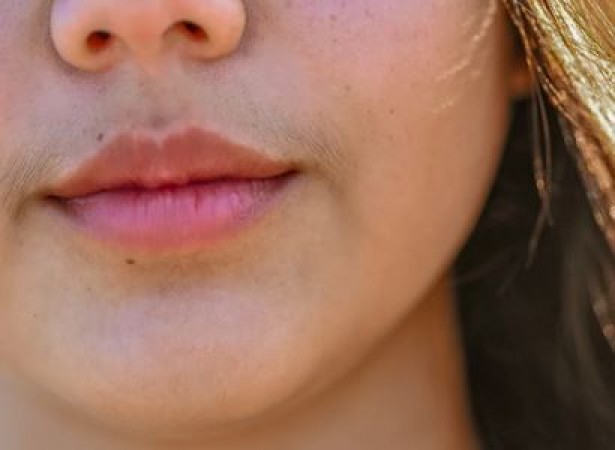
Facial hair is a common occurrence in both men and women, but when it comes to girls, excess facial hair can be a cause for concern. While some amount of facial hair is normal for women, excessive growth, known as hirsutism, can have various implications for their health and well-being.
Hormonal Imbalance: A Primary Culprit
One of the primary reasons behind excessive facial hair in girls is hormonal imbalance. Hormones like testosterone, typically associated with males, can sometimes be produced in excess in females as well, leading to the development of coarse, dark facial hair.
Polycystic Ovary Syndrome (PCOS) and Excess Facial Hair
PCOS is a common hormonal disorder among women of reproductive age, characterized by irregular periods, ovarian cysts, and often, excessive facial hair. The hormonal imbalances associated with PCOS can lead to increased production of androgens, resulting in hirsutism.
Health Implications of Excess Facial Hair
Excessive facial hair in girls can have several implications for their physical and emotional well-being:
1. Emotional Distress and Psychological Impact
2. Skin Irritation and Inflammation
3. Impact on Hormonal Health
4. Impact on Relationships and Social Life
Seeking Support and Treatment
It's essential for girls experiencing excess facial hair to seek support from healthcare professionals. Depending on the underlying cause, treatment options may include:
Empowering Girls to Embrace Their Unique Beauty
While excess facial hair in girls can pose challenges, it's important to emphasize that beauty comes in all forms. Encouraging girls to embrace their unique features and providing them with the support they need to address any concerns can help promote confidence and self-acceptance.
Eat raw onion in summer, your health will remain healthy, know its 5 big benefits
From What Age and How Much Should a Child Be Fed Eggs?
Frequent Urinary Tract Infections: A Potential Reason for Concern